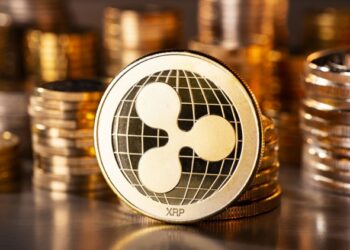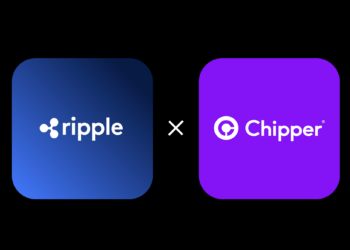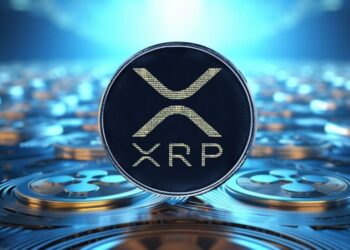The legal battle between the fintech company, Ripple and the United States Securities and Exchange Commission (SEC) looks to be nearing its end, according to comments by Ripple’s CEO, Brad Garlinghouse.
Speaking in an interview with CNBC, Garlinghouse stated that the company is making good progress despite “a slow-moving judicial process.” He further stated, “Clearly we’re seeing good questions asked by the judge. And I think the judge realizes this is not just about Ripple, this will have broader implications.”
Last year, the SEC charged Ripple with allegations stating that its executives sold $1.3 billion worth of XRP in an unregistered securities offering. Ripple objected to the claims, saying that XRP should not be considered a security.
What you should know
The SEC claimed Ripple could have been aware that XRP could be a security from its legal advisors before moving forward with its token sale, and filed a motion to access the defendant’s legal advice. The court denied the motion, citing the attorney-client privilege.
Over the year, Ripple executives shared insights on the case and its impact on business. Garlinghouse stated that Ripple’s expansion to the Asia-Pacific region was undamaged by the SEC lawsuit. The CEO also mentioned that the company is looking at a possible initial public offering as soon as the case is settled.
Ripple’s technology is designed to let banks and other financial service firms send money across borders faster and at a lower cost. The company also markets another product that utilizes XRP for cross-border payments called On-Demand Liquidity.
Support arrived from XRP token holders, who filed “friends of the court” briefs, which would allow them to join the case as defendants and support Ripple in its claims that the token does not violate securities laws.
However, the judge ruled in October that individual XRP holders cannot act in Ripple’s ongoing lawsuit as defendants. XRP is trading $1.04, up 0.40% for the day, as of the time of this writing.















